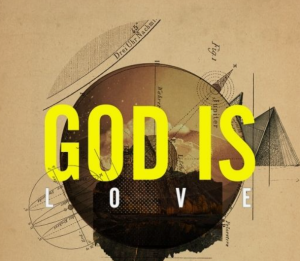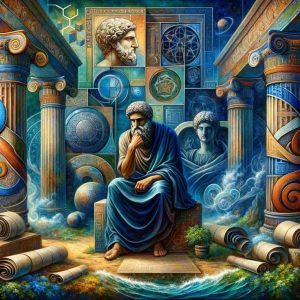Introduction
Philosophy has long grappled with the concept of God, posing profound questions about existence, nature, and implications. From the debates of ancient scholars to modern philosophical discourse, the inquiry into God has shaped countless aspects of human thought and culture. This article journeys through these intellectual landscapes, examining how philosophers from various traditions have approached these existential questions.

Western Philosophy: Theism and Atheism
In Western philosophy, the discourse around God often centers on theism and atheism. Figures like Thomas Aquinas and René Descartes argued vigorously for the existence of God, presenting sophisticated theories like the cosmological and ontological arguments. In contrast, philosophers such as Friedrich Nietzsche challenged these views, famously declaring “God is dead” to highlight the shift away from traditional religious beliefs in modern society. These debates continue to influence Western thought, reflecting the ongoing struggle to reconcile faith with reason.
Eastern Philosophy: Conceptions of Divinity
Eastern philosophical traditions offer a contrasting perspective on divinity, often eschewing the monotheistic views prevalent in the West. Hindu philosophy presents a complex framework of deities and the ultimate reality, Brahman, which transcends traditional Western notions of a personal god. Buddhism, meanwhile, generally disregards the question of a creator god, focusing instead on the self’s liberation from suffering. Taoism emphasizes harmony with the Tao, a fundamental principle that governs the universe and life within it, rather than a distinct deity.

Contemporary Philosophical Thoughts
Today’s philosophers continue to explore the concept of God through various lenses, including existentialism and agnosticism. Existential philosophers ponder the role of God in a universe where human beings create their own meaning, while agnostics contemplate the unknowability of God’s existence. The rise of scientific understanding and secularism has further complicated these discussions, challenging traditional religious views and fostering a broader spectrum of beliefs about God and spirituality.
Related post:
https://www.facebook.com/EvaBeauty.0812
Conclusion
The philosophical exploration of God reveals a spectrum of thought as diverse as humanity itself. By engaging with these philosophical debates, individuals can better understand the complex interplay between faith, reason, and the existential dilemmas that define our collective human experience. This intellectual journey invites continuous exploration and personal reflection on the profound questions that shape our understanding of the divine.





